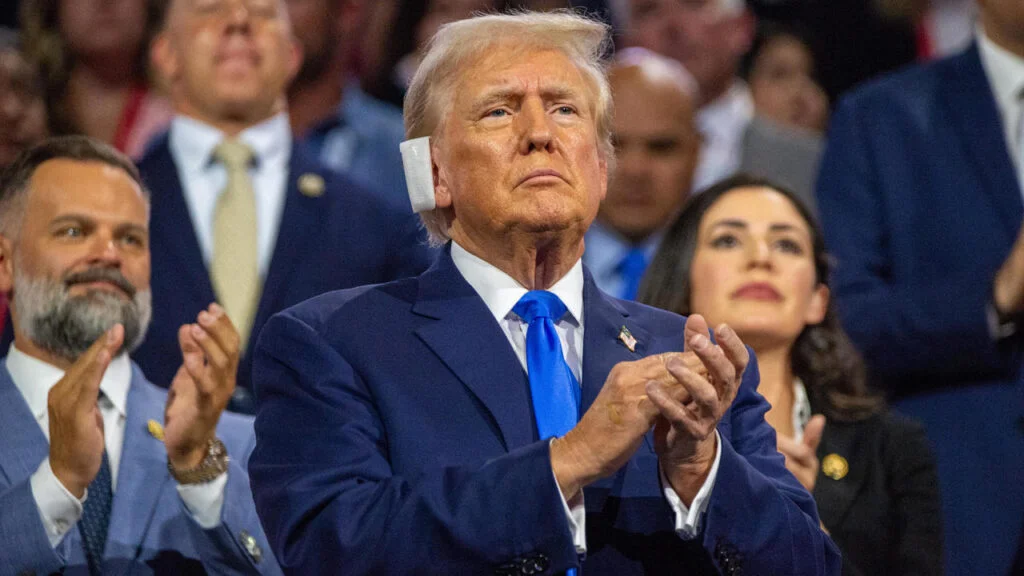Trump’s Rising Election Chances Spark Inflation Fears
Trump’s increased election chances raise global inflation fears. Markets wary of ‘Trumpflation’ as polls show Trump leading in key states.

The global economy is closely watching the upcoming U.S. elections in November. According to recent polls, the probability of Donald Trump winning the presidency has increased, raising concerns about “Trumpflation” in the global markets.
Donald Trump is now one step closer to reclaiming the presidency. The rise in his chances has sparked inflation fears among global financial markets.
Assassination Attempt and Polls Boost Trump’s Prospects
Over the weekend, there was an armed attack on presidential candidate Trump in the United States. This assassination attempt has paradoxically boosted Trump’s chances of being elected president.
According to the latest polls, Trump is widening his lead in key swing states. During his previous four-year term as president, Trump pursued pro-growth economic policies.
He implemented protectionist measures in foreign trade and provided credit and grant support to reduce unemployment.
Inflation Concerns on the Rise
Trump has indicated that he would take similar steps if re-elected. The United States has been grappling with inflation for an extended period, and while the 2 percent target has not yet been reached, inflation has been on a downward trend in recent months.
However, concerns are mounting that a Trump presidency could reverse this trend and cause inflation to rise again.
Potential Changes at the Federal Reserve
The Federal Reserve aims to make interest rate decisions with political independence. In 2017, Trump criticized Fed Chairman Jerome Powell for not cutting interest rates, accusing him of “acting like a stubborn child.” Powell’s term ends in 2026.
Despite his past criticisms, Trump told Bloomberg News that he would not press for Powell’s removal. He also mentioned considering J.P. Morgan CEO Jamie Dimon for the role of Secretary of the Treasury and Finance.
As the election draws nearer, the global economy remains on edge, closely monitoring developments that could have far-reaching implications.







